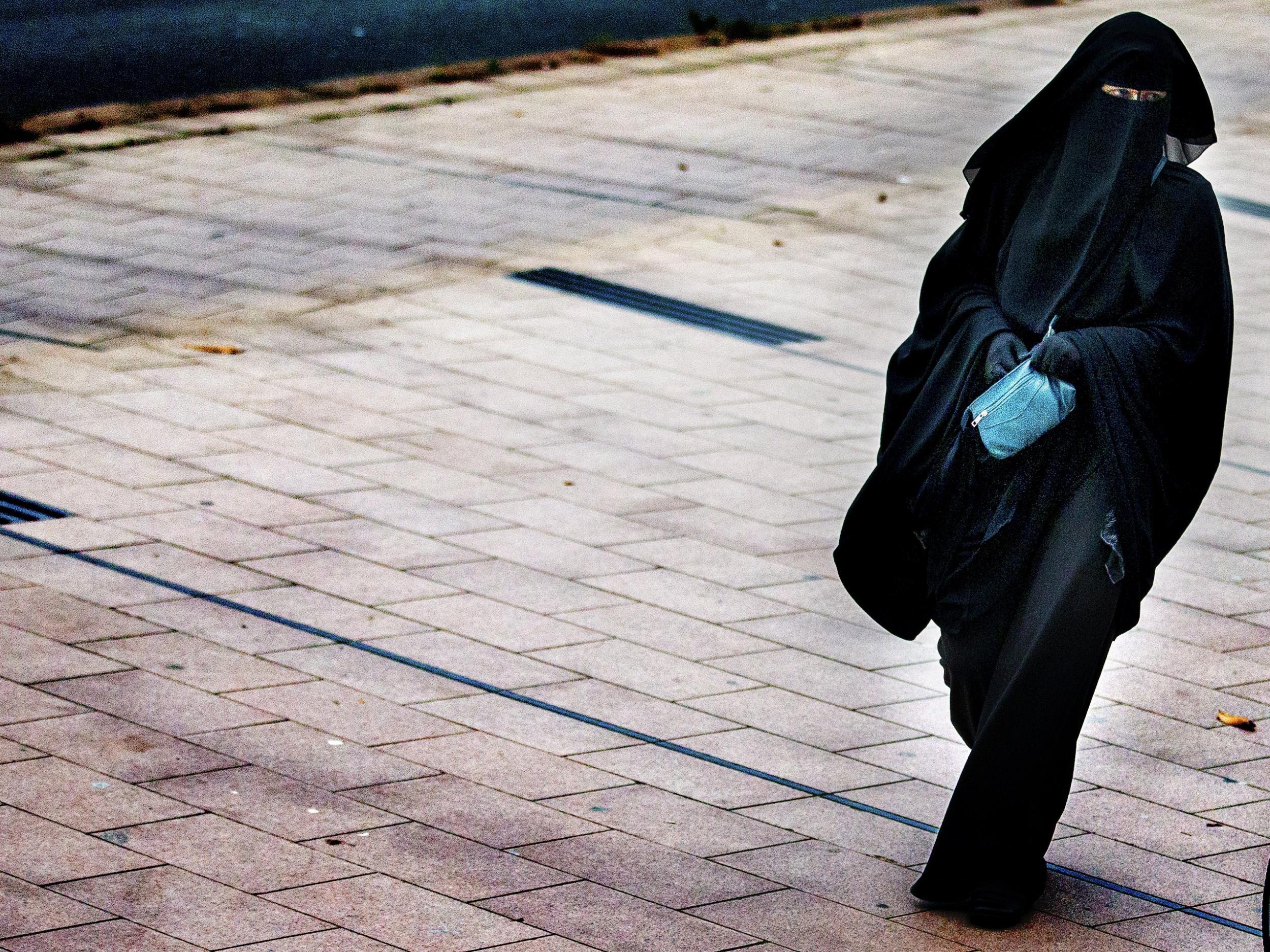Indonesian Islamic university bans students who wear burqas from graduating
Institute cites fears over spread of radical ideology on campus for decision

Your support helps us to tell the story
From reproductive rights to climate change to Big Tech, The Independent is on the ground when the story is developing. Whether it's investigating the financials of Elon Musk's pro-Trump PAC or producing our latest documentary, 'The A Word', which shines a light on the American women fighting for reproductive rights, we know how important it is to parse out the facts from the messaging.
At such a critical moment in US history, we need reporters on the ground. Your donation allows us to keep sending journalists to speak to both sides of the story.
The Independent is trusted by Americans across the entire political spectrum. And unlike many other quality news outlets, we choose not to lock Americans out of our reporting and analysis with paywalls. We believe quality journalism should be available to everyone, paid for by those who can afford it.
Your support makes all the difference.An Islamic university in Indonesia has been criticised after announcing it will not allow female students who continue to wear face veils on campus to graduate.
The State Islamic University (UIN) in Yogyakarta city, on Java island, cited fears over the spread of radical ideology on its campus for the decision.
UIN said it had 41 students using the full veil, or burqa, who would be offered counselling sessions before ultimately being asked to remove the veil.
Indonesia is home to the world's largest Muslim population, the majority of whom practice a moderate form of Islam.
But the country has seen a recent rise in more conservative interpretations of the religion, which many see as a threat to its long-standing reputation for religious tolerance and diversity.
The Islamic Defenders Front, a conservative group that campaigns against activities it deems un-Islamic, said in a statement the policy "did not make sense" and was in conflict with the country's efforts to preserve diversity.
A women's rights activist decried what she described as a limitation on the freedom of women to wear what they want.
"Using full-face veils is a choice and we cannot interfere in their choice and their freedom," said the activist, Lathiefah Widuri Retyaningtyas.
But the university's head, Yudian Wahyudi, said radicalisation, as exemplified by the burqas, undermined learning.
"Female students wearing the burqa, and radical groups, they are disturbing the teaching process," Mr Wahyudhi said.
"We are putting moderate Islam forward," he said, adding that the policy was a "preventive action to save the students".
Students would be allowed to continue using regular headscarves that do not cover the face, he said.
A recent survey showed that nearly a fifth of high school and university students support the establishment of a caliphate over the current secular government.
The data has alarmed authorities already struggling to contain the growing influence of both peaceful and militant Islamist groups in the world's third-largest democracy.
Additional reporting by Reuters
Join our commenting forum
Join thought-provoking conversations, follow other Independent readers and see their replies
Comments